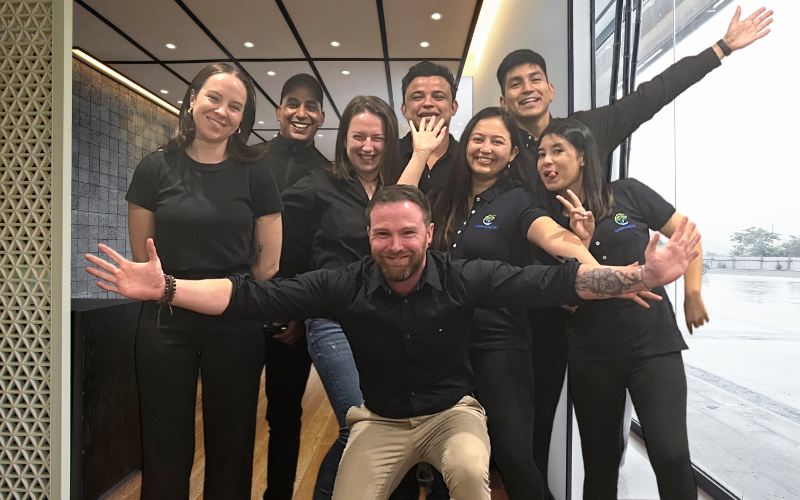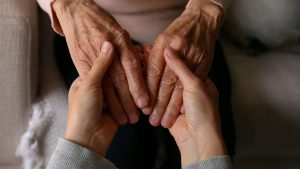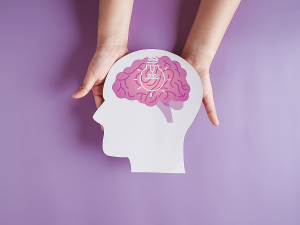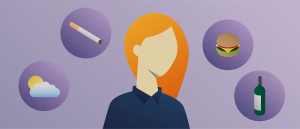The Therapeutic Impact: Empowering Disabled Individuals Through Personal Storytelling

Every individual has a story to tell, and it has always been a part of human nature. It is a way to connect with others, share experiences, and create empathy. Personal storytelling, in particular, has therapeutic benefits that can help individuals with disabilities process their experiences and emotions, and ultimately empower them to take control of their lives. In this blog, we will explore the therapeutic impact of personal storytelling for disabled individuals.
1. Builds self-awareness and self-esteem:
Personal storytelling allows individuals with disabilities to reflect on their experiences, identify their strengths and weaknesses, and build self-awareness. Sharing these experiences with others creates a sense of validation and enhances their self-esteem.
2. Storytelling creates a sense of community:
Through personal storytelling, individuals with disabilities can connect with others who have similar experiences, and form a sense of community. This sense of belonging can be powerful in reducing feelings of isolation and loneliness.
3. Helps process trauma and grief:
Personal story telling can also be an effective tool for processing trauma and grief. By sharing their experiences, individuals with disabilities can gain a better understanding of their feelings, and work towards healing.
4. Storytelling fosters advocacy and activism:
Personal storytelling has the ability to create change. By sharing their experiences, individuals with disabilities can raise awareness about issues they face, and advocate for change. This can range from advocating for accessible buildings, to more inclusive hiring practices.
5. Gives a voice to marginalised individuals:
Personal storytelling is especially important for people with disabilities who are often marginalized and excluded from society. Sharing their experiences allows them to have a voice, and be heard.
Conclusion:
Personal storytelling is a powerful tool that can have a therapeutic impact on individuals with disabilities. By sharing their experiences, individuals can build self-awareness, create a sense of community, process trauma and grief, foster advocacy and activism, and give a voice to marginalised individuals. At iSeekSupport, we believe in the importance of telling their story as a means to empower disabled individuals, and we strive to create a safe space for our clients to share their stories.
Book a free Consultation with us today!
Mobile : 1800960068
Email : contactus@iseeksupport.au









